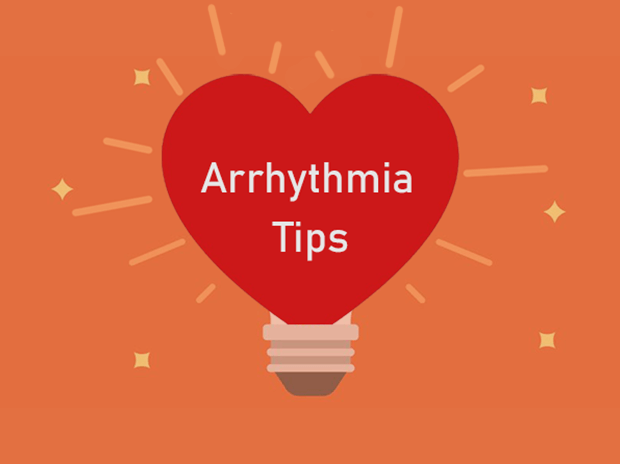
 June 09, 2020 | 5 mins read time
June 09, 2020 | 5 mins read time
Usually, heartbeat increases due to various reasons, including stress, pre-existing heart problems, and it might be challenging to understand the reason. The irregularity in the heartbeat is termed as arrhythmia or a rhythm heart disorder. Arrhythmias occur when electric waves that control the heartbeat do not function properly. You may feel this condition in your chest, throat, or neck when the heartbeat becomes irregular. But the catch here is that the pandemic situation makes it all the riskier for people. It is still advised to only visit hospitals when in dire need else consult the doctors through phones, videos chats, etc.
Dr.Vanita Arora, Director and Head Cardiac Electrophysiology Lab & Arrhythmia Services Max Saket is the best cardiac electrophysiologist, interventional cardiologist and heart specialist who has helped us understand how arrhythmia heart patients can live peacefully at home with some proper homecare tips.
Arrhythmia is a condition, which can happen at any time. We could divide the patients into two groups, one being those who are prone to it and already know about their condition and others who have no clue if they had a heart rhythm disorder ever in their lifetime. There are patients’ groups which have an ejection fraction less 30 per cent, are the patients who are prone to arrhythmia. These can be listed under the dangerous category as it can be fatal, cause life-threatening situations and most of these patients, who are already on medication for the same, actually prevent the arrhythmia from occurring. But there is no treatment possible, which is 100 per cent safe when we talk of the heart rhythm conditions. In such cases, patients should understand their situation, follow the doctor’s brief. Symptoms may vary from palpitations, fast heartbeat, discomfort, giddiness, etc.
The other group who have never had any such problems in the past or suddenly experience a faster heartbeat will complain of:
The first and foremost thing to be done when anyone experience such symptoms is to lie down flat on the back. This is essential in case the BP is sinking or reducing. Apart from that, the patient should take an extra dose of arrhythmia medication that is given to them by their doctor. This is done to prevent or break the circuit of arrhythmia, which is happening. This situation is nothing less than an emergency in patients with pre-existing heart diseases and should be immediately taken to a hospital.
Dr.Vanita, best cardiologist in India, recommends most of her patients to have an ECG recorder device at home, especially the ones who have existing heart ailments. These devices are extremely compact, can be used at home with the help of an app in your smartphone, and can record the ECG at home. Taking an ECG to record the arrhythmia is extremely important. Secondly, people should have a pulse oximeter at home to monitor your oxygen saturation. Along with that, it also helps to see the graph of your pulse beat. All this should be documented at home to share with your cardiologist in case of any emergency. Also, one should have a BP apparatus at home to check the levels at home. If your heartbeat is 180/190 beats/minute, this means the heart is working three times more than it works in normal cases. In such circumstances, try to get your heartbeat back to normal. These steps can come in handy to break the arrhythmia:
Patients prone to arrhythmia can avoid certain drinks, which include tea, coffee, fizz drinks, and alcohol. Any eatables, which can cause gastritis should be avoided as acidity precipitates arrhythmia. One should turn to lighter meals over fried and spicy foods. Also, these food items can cause palpitations in many people, especially those with a weaker heart.
Those who are elderly with pre-existing heart diseases, Dr. Arora, the best heart specialist in India, recommendsonly walking and no jogging, no vigorous exercise. Social distancing and wearing mask with walks is essential as basic exercises can keep your heart healthy. These people should not try and do weightlifting. People who are too much into gymming should refrain from going to these places even now when things have started to open up. She further adds that wearing an N95 mask for walking and jogging can be catastrophic, so wear a regular mask for walking and jogging.
Basic home tests that one can do to monitor the condition are:
The patient and the caretaker should be wearing masks. Make sure the hospital is aware of your visit. Do not land there, unannounced. Inform them about the symptoms. While visiting, carry your sanitiser with you and maintain social distancing in the emergency wards. Also, it is essential for patients to understand basics of COVID-19 and the happenings. One should stress on social distancing more, even after relaxations in the lockdown. And, more importantly, people still fail to use a mask properly. Hence, do not touch your face again and again while wearing a mask.
Promoted by Fix Me Digitally